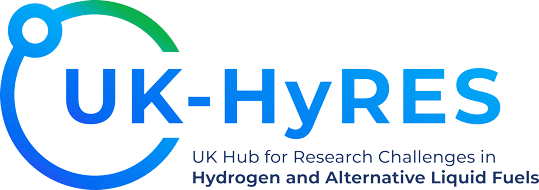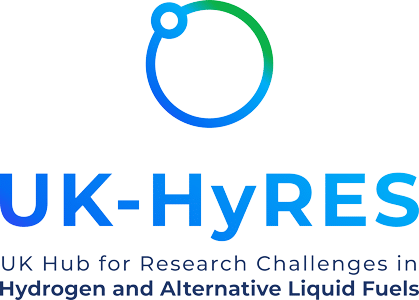PC-4.1: Process Safety Evaluation of processes considered in PC2.3 and PT4.1
The adoption of novel technologies for the production, transport and storage of hydrogen poses both new and known challenges for process safety. This project, led by Prof Joan Cordiner in Chemical and Biological Engineering at the University of Sheffield. This three year project seeks to develop of process safety toolkit that can be applied at the early stages of process design, to make them inherently safe, and then to apply it to a case study of considered in other cross cutting projects around the cement industry.
PC-4.2: Process Safety Evaluation of purification processes for high pressure and purity H2.
Working with PC1.3, the process safety issues with improved compression and purification technologies and, in particular, mobile applications that require very high pressure and high purity hydrogen will be studied. This acts as a further case study for the safety toolkit developed and tested in PC-4.1. This is a three year project led by Prof Joan Cordiner in the Chemical and Biological Engineering at the University of Sheffield.
PC-4.3: Modelling the Consequences of Hydrogen release.
The wider deployment of hydrogen in a wide variety of new applications means that new regulatory frameworks must be developed. Central to this is a firm understanding of the hazards and risks associated with release. This PhD project, led by Dr Alasdair Campbell in Chemical and Biological Engineering at the University of Sheffield. This work will consider scenarios such as jet and flash fires, as well as vapour cloud explosions and BLEVEs associated with novel uses of hydrogen and will feed key hazard contours to the toolkit in PC4.1/2.

